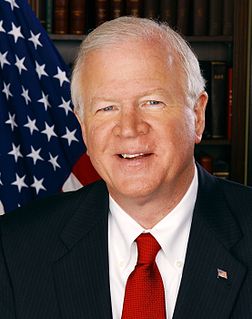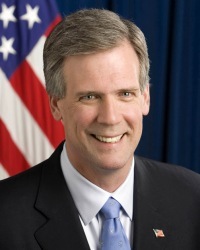A Quote by Angus King
My view of the filibuster is either you've got to lower vote edge or make people really filibuster if they feel that seriously about a piece of legislation.
Related Quotes
The Founders surely never imagined that a three-fifths majority would be the standard requirement for passing legislation in the upper chamber, and for most of American history it wasn't. But filibuster use skyrocketed in 1993, when Republicans found themselves locked out of the White House and big Democratic congressional majorities.
Eleanor Roosevelt fights for an anti-lynch law with the NAACP, with Walter White and Mary McLeod Bethune. And she begs FDR to say one word, say one word to prevent a filibuster or to end a filibuster. From '34 to '35 to '36 to '37 to '38, it comes up again and again, and FDR doesn't say one word. And the correspondence between them that we have, I mean, she says, "I cannot believe you're not going to say one word." And she writes to Walter White, "I've asked FDR to say one word. Perhaps he will." But he doesn't. And these become very bitter disagreements.
As every newspaper reader, liberal activist, or parliamentary junkie knows, the overarching barrier to most of Obama's agenda is the abuse of the filibuster in the Senate. In fact, several of Obama's second term priorities are not ideas in search of a majority - they are majorities in search of an up-or-down vote.
































